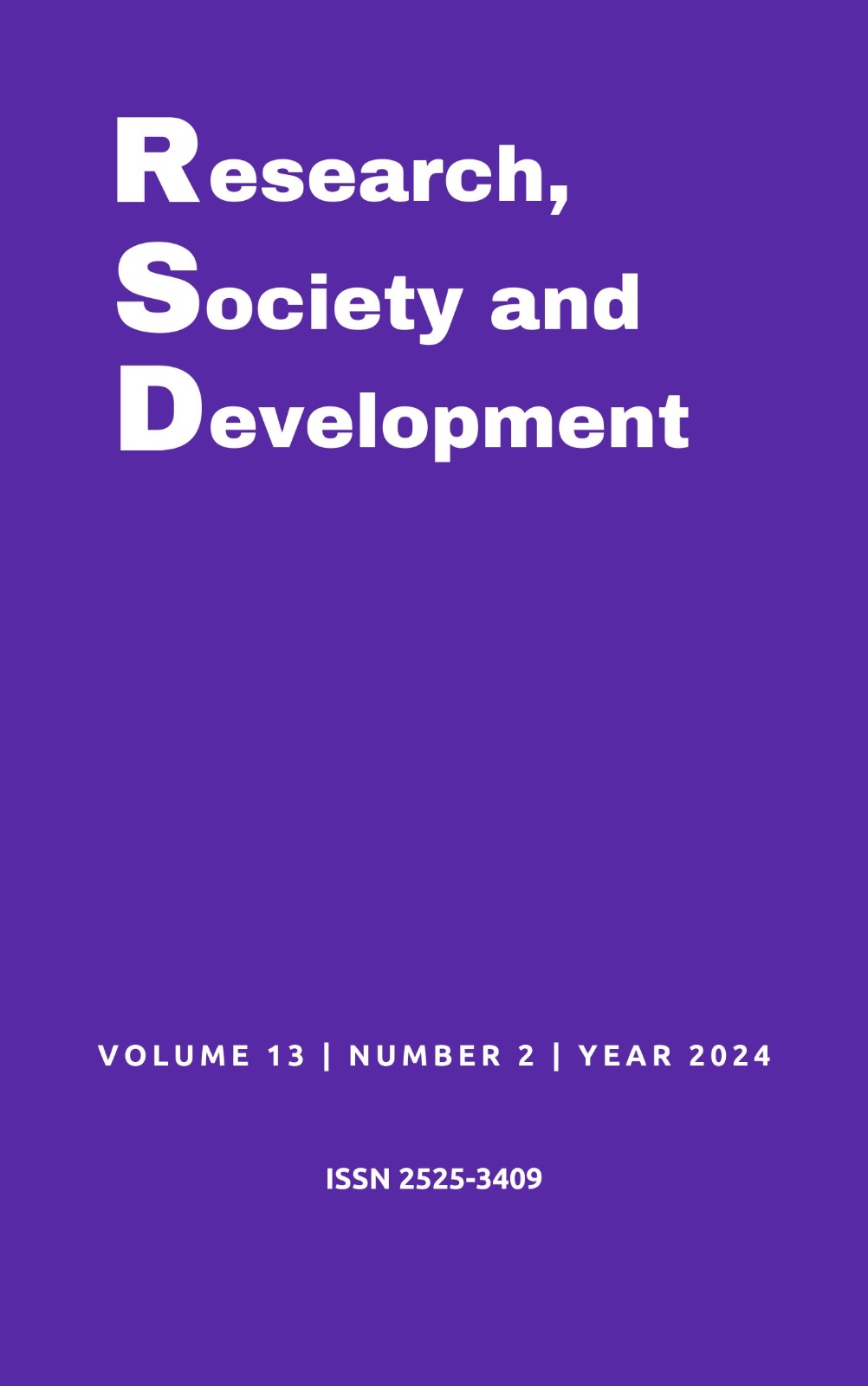Democratic and participatory management: A need in state public schools in the headquarters of the Municipality of Alto Alegre – Roraima – Brazil
DOI:
https://doi.org/10.33448/rsd-v13i2.44977Keywords:
Management, Education, Participation.Abstract
This article aimed to analyze the importance of democratic and participatory management that enables the principles of citizenship in the school context of State Public Schools based in the Municipality of Alto Alegre, Roraima, Brazil. Identifying its contribution as a relevant and significant proposal and strategy in the teaching and learning process. The organization, management, physical structure and materials guarantee the teaching and learning process, as well as quality teaching and compliance with the school calendar. In democratic management, there is a need to nullify the centralization of decision-making by the manager in the school community. It provides a view of school management, highlighting relevant public policies. A qualitative and quantitative approach and hermeneutic method were used in a study on the role of the school manager. It brings discussion, analysis and presentation of the results obtained, through the Data Collection Instruments - ICD, defining in the participants' view what it means to be a democratic and participatory management, pointing out the role of the school manager and his contribution to improving education. As a result, it is concluded that in effective leadership, it is necessary for the manager to know the theories, practices and skills. In this sense, in participatory management within the school environment, the manager has to seek strategies to effectively involve the participation of everyone involved in the educational process, and must not fail to relate theory to practice and reflect on the actions developed within the school.
References
Almeida, I. D. (2021). Metodologia do trabalho científico [recurso eletrônico]. Recife: Ed. UFPE. ISBN 978-65-5962-058-6 (online). https://repositorio.ufpe.br/bitstream/123456789/49435/1/METODOLOGIA%20DO%20TRABALHO%20CIENTÍFICO.pdf
Almeida, G. V. (2022). Gestão escolar: Democrática e participativa na prática1REP’s - Revista Even. Pedagóg. Número Regular: Estudos Decoloniais Sinop, 13(3), 481-491. (34a ed.) https://periodicos.unemat.br/index.php/reps DOI: 10.30681/2236-3165
Brasil. (1996). Lei 9.394, de 20 de dezembro de 1996. Dispõe sobre as Diretrizes e Bases da Educação Nacional. Editora do Brasil S/A.
Carvalho, M. R. V. (2018). Perfil do professor da educação básica. Brasília, DF: Instituto Nacional de Estudos e Pesquisas Educacionais Anísio Teixeira. (Série Documental. Relatos de Pesquisa, n. 41).
Dias, J. A. (2004.). Gestão da Escola. In: Menezes, J. G. de C. (org). Estrutura e Funcionamento da Educação Básica: Leituras. Pioneiro Thomnson Learning.
Dirceu, S, Evandro, L. L. & Sérgio, S. B. J. (2014). Pesquisa quantitativa: elementos, paradigmas e definições. Revista de Gestão e Secretariado-GeSec, 5(1), 01-18.
Fernandes, S. E. M & Muller, J. A. (2006). Função do gestor na escola pública. Revista de divulgação técnico-científica do ICPG. 9(3).
Ferreira, N. S. C. et al. (2009). Gestão da educação: impasses, perspectivas e compromissos. (7a ed.). Cortez.
Hermann, N. (2003.). Hermenêutica e Educação. DP&A.
Hora, D. L. da. (2002). Gestão democrática na escola. (10a ed.). Papirus.
Freire, A. M. A., & Mendonça, E. F. (2019). Paulo Freire, patrono da educação brasileira: direitos humanos e educação libertadora. Paz e Terra, 2019.
Gil, A. C. (2022). Como Elaborar Projetos de Pesquisa. Ucrânia: Atlas.
Libâneo, J. C. (2008). Democratização da Escola Pública: A pedagogia crítico-social dos conteúdos. (22a ed.). Loyola.
Libâneo, J. C. (2004). Organização e Gestão da escola: teoria e prática. Goiânia: Alternativa.
Lück, H. (2006). Concepções e processos democráticos de gestão educacional. Vozes.
Lüdke, M., & André, M. E. D. A. (1986). Pesquisa em Educação: abordagens qualitativas. EPU.
Pereira, A. S. et al. (2019). Didática geral. Santa Maria, RS: Ed. UFSM, NTE. https://repositorio.ufsm.br/bitstream/handle/1/19110/Curso_Lic-Ed-Esp_Didática-Geral.pdf?sequence=1&isAllowed=y. 8.2.2) Oliveira, D. A. P. (2019). Prática pedagógica: decisões de multipolas conexões. Ed. Troth.
Prodanov, C. C. & Freitas, E. C. (2013). Metodologia do trabalho científico: métodos e técnicas da pesquisa e do trabalho Acadêmico. (2a ed.), Ed. Feevale. https://www.feevale.br/Comum/ ídias/0163c988-1f5d-496f-b118-a6e009a7a2f9/E-book%20Metodologia%20do%20Trabalho%20Cientifico.pdf
Richardson, R. J. (2008). Pesquisa Social: Métodos e técnicas / Roberto Jarry Richardson; colaboradores José Augusto de Souza Peres... (et al.). (3a ed.) Atlas.
Severino, A. J. (2017). Metodologia do trabalho científico. [livro eletrônico] / Antônio Joaquim Severino/, (2a ed.). Cortez.
Valerien, J. (2002). Gestão da escola fundamental: subsídios para análise e sugestão de aperfeiçoamento. (8a ed.). Cortez; UNESCO.
Downloads
Published
Issue
Section
License
Copyright (c) 2024 Marta da Silva Pereira

This work is licensed under a Creative Commons Attribution 4.0 International License.
Authors who publish with this journal agree to the following terms:
1) Authors retain copyright and grant the journal right of first publication with the work simultaneously licensed under a Creative Commons Attribution License that allows others to share the work with an acknowledgement of the work's authorship and initial publication in this journal.
2) Authors are able to enter into separate, additional contractual arrangements for the non-exclusive distribution of the journal's published version of the work (e.g., post it to an institutional repository or publish it in a book), with an acknowledgement of its initial publication in this journal.
3) Authors are permitted and encouraged to post their work online (e.g., in institutional repositories or on their website) prior to and during the submission process, as it can lead to productive exchanges, as well as earlier and greater citation of published work.


